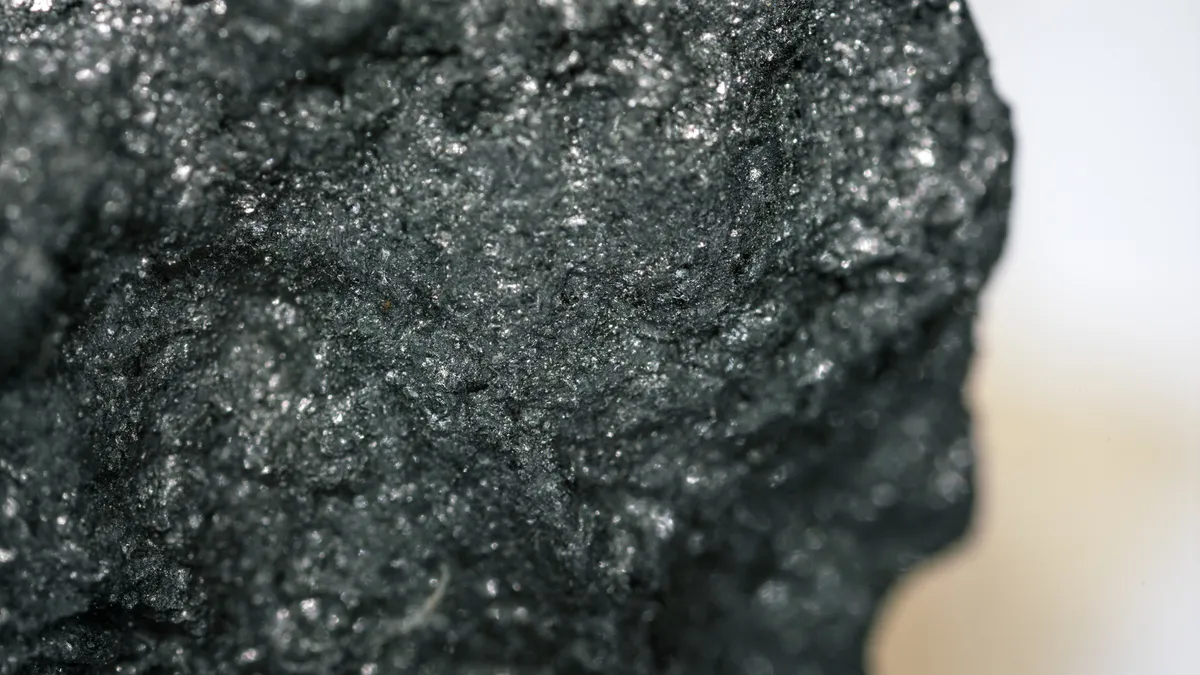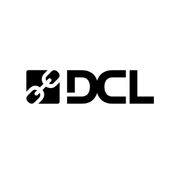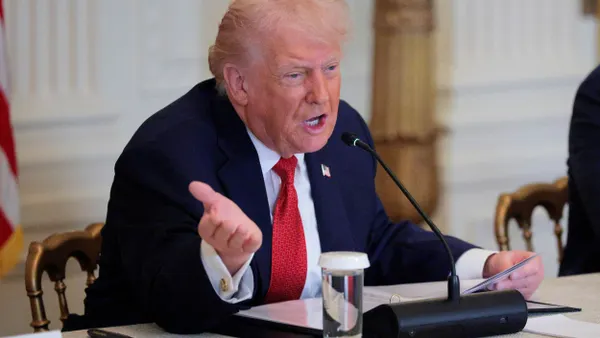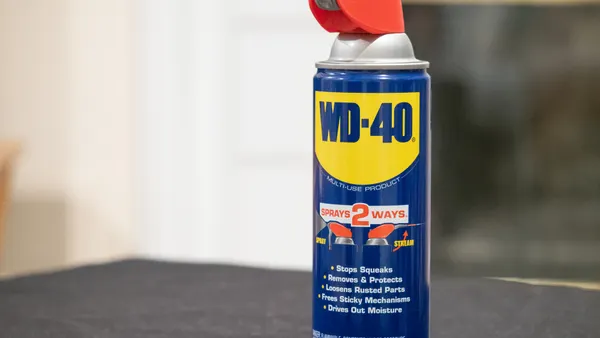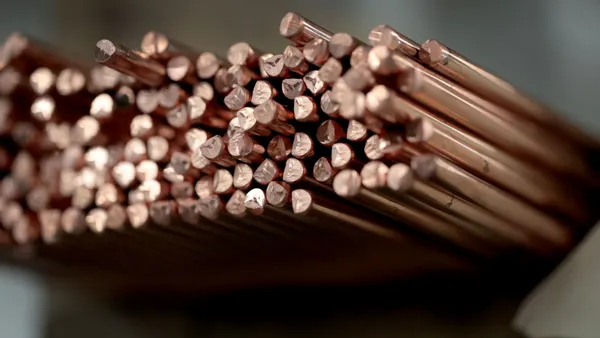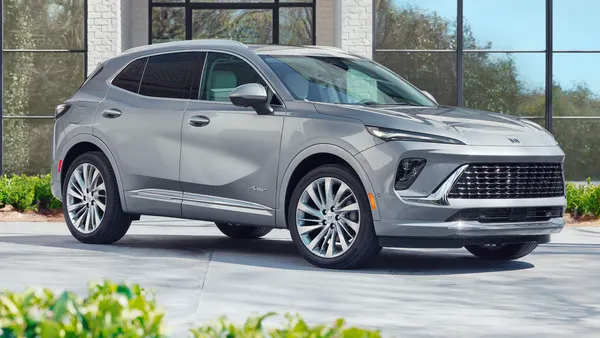The U.S. is planning to implement a 93.5% tariff on graphite imports from China, the Commerce Department said Thursday.
The rate was set based on the preliminary findings of an antidumping duty investigation initiated by the department in January. The department is also conducting a parallel countervailing duty investigation related to graphite from China. Preliminary findings from that investigation call for an 11.58% tariff on the material, per a July Federal Register filing.
Final determinations from each probe will be announced by Dec. 5, the department said. The tariff rates may change in the final ruling, according to a Commerce Department fact sheet.
The petition was introduced in December 2024 by the American Active Anode Material Producers, a trade group representing domestic graphite producers, alleging imports from China were benefiting from “countervailable subsidies” and stymieing the growth of U.S. industry, per a January Federal Register filing.
“This is an important ruling for North American graphite producers. Commerce’s determination proves that China is selling [active anode material] at less than fair value into the domestic market,” said Erik Olson, a spokesperson for the group, in a Thursday press release. “Dumping is a malicious trade practice used by China to undercut competition and wield geopolitical influence. It is all made possible by a concerted combination of massive subsidies and other state-sponsored policies.”
China is the world’s largest supplier of graphite, accounting for 78% of worldwide production in 2024, per a January report from the U.S. Geological Survey.
The U.S. imported roughly $375.1 million worth of graphite from China in 2024, according to data from the U.S. International Trade Commission. China also accounted for 67.6% of all natural graphite imports to the U.S. the same year, while supplying 59.8% of other graphite-related products, such as artificial and colloidal forms of the material.
Duties on graphite imports from China would further build on the Trump administration’s push to boost domestic critical mineral supplies. The Commerce Department in April began a Section 232 investigation into the importation of critical minerals such as cobalt, lithium, graphite and nickel.
Trump has also ordered similar probes of semiconductors and pharmaceuticals. Previous Section 232 investigations have resulted in tariffs on imports of materials such as steel and aluminum.
New levies on graphite imports from China would have major implications for several sectors, particularly the automotive industry, as the material is used in the production of batteries for electric vehicles.
During the comment period for the investigation, EV makers such as Tesla and Rivian requested an exemption for graphite contained in batteries and other related downstream products.
“Including battery packs, modules, cells and electrodes within the scope of the investigation risks raising the price of an EV input that cannot be substituted by domestic [active anode material], thereby hurting demand for EVs and the related North American battery supply chain, and failing to support the growth of the U.S. [active anode material] industry,” Rivian said in a Feb. 6 letter to the Commerce Department.
Some EV makers, including Rivian, have already begun turning to U.S.-based suppliers to shore up their domestic supply chains, even amid a slowdown in consumer demand. For example, Lucid has signed multiple agreements with Graphite One to supply natural graphite for use in batteries for the automaker’s vehicles, beginning in 2028.



